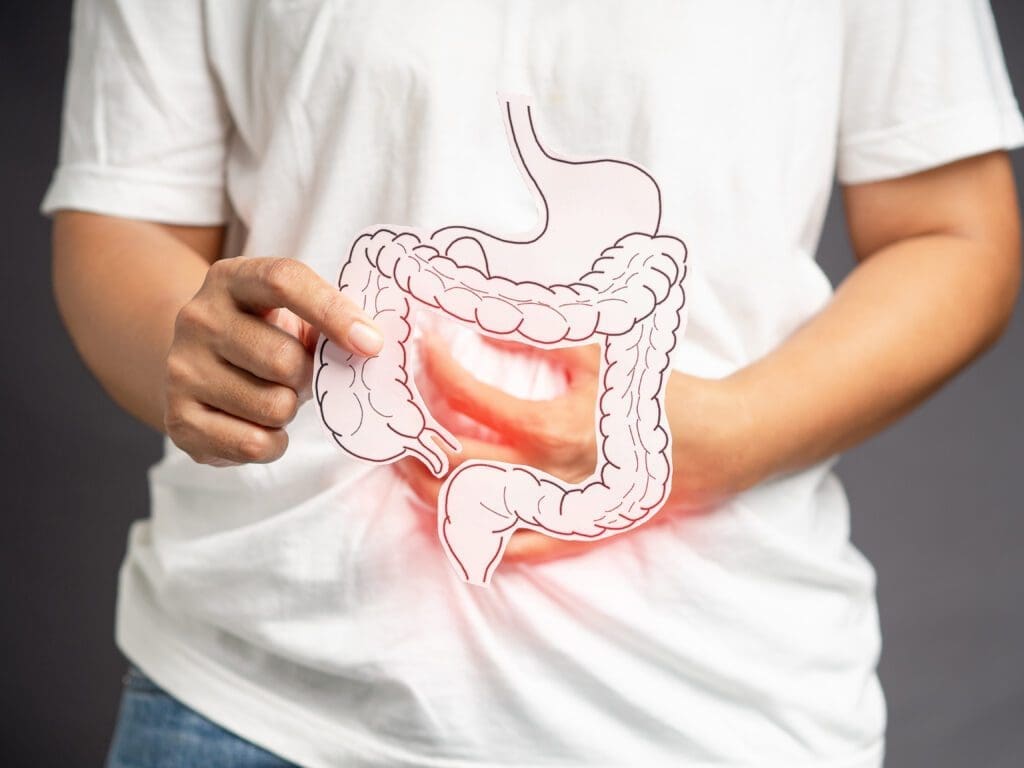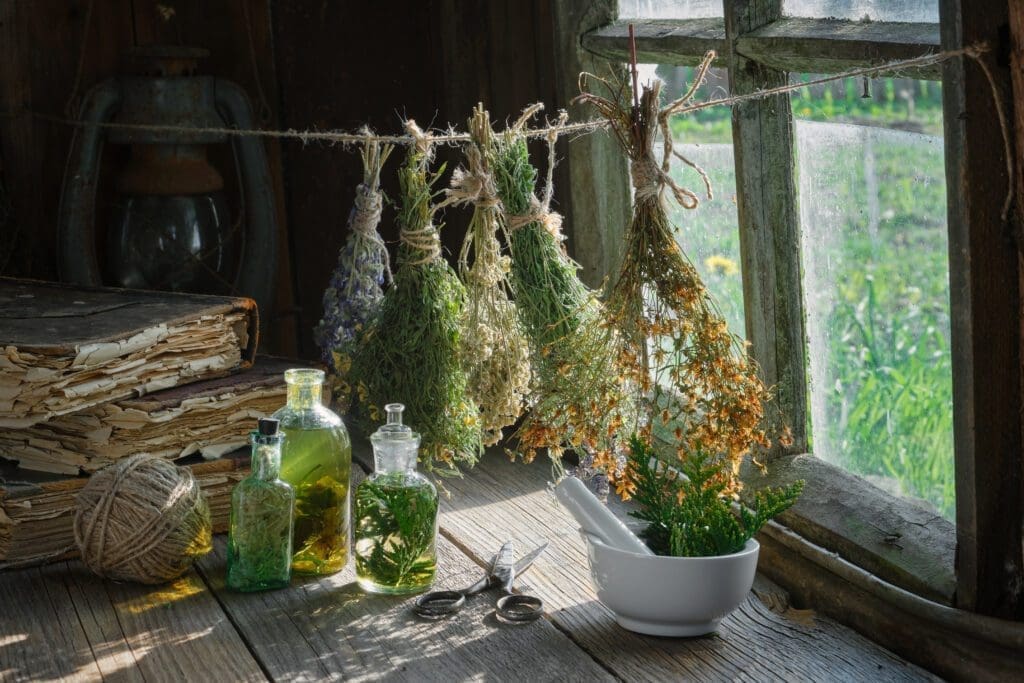One way to do that is by embracing all-natural gardening in your backyard. This blog will explore the world of pest-free gardening and provide all the tips and tricks you need to get started, from selecting the perfect spot for your garden to creating nutrient-rich soil, choosing the suitable fruits and vegetables to grow, and organically caring for your plants.
Getting started to grow organic gardening compost
Organic gardening is a method that prioritizes natural approaches to plant growth without synthetic fertilisers or pesticides. This sustainable gardening approach promotes eco-friendly practices through soil health, compost, biological matter, organic growing, and natural pest control. Prepare the soil with compost and pest-free natural fertilizers while selecting chemical-free seeds or seedlings. Practice proper watering techniques with collected rainwater allotment. Instead of chemical pesticides, explore companion planting and chemical-free sprays. Regular maintenance and weeding foster healthy plant growth.
Choosing the right spot to grow organic fruit crops
Choosing the right spot for your chemical-free garden is essential for the success of your plants. A sunny place with at least 6 hours of sunlight daily is ideal. Make sure the soil is well-draining and enriched with natural matter like compost. Consider the proximity to a water source for easy irrigation. Avoid shaded areas near trees or structures that might block sunlight or compete for nutrients. Be cautious of potential pollution or contamination nearby. Container gardening on a balcony or patio is a fantastic option if you’re short on outdoor space.
Creating healthy soil for organic gardening supplies
To cultivate a thriving garden, establishing healthy soil conditions is essential. Rather than relying on chemical inputs, gardeners prioritize nurturing a healthy, nutrient-rich soil environment. Start by assessing your soil’s pH level and making any necessary adjustments. Enhance soil structure and fertility by incorporating compost, well-rotted manure, or other pest-free matter. Avoid synthetic fertilizers, pesticides, and herbicides to preserve the integrity of your chemical-free vegetable garden. Mulching garden beds serve multiple benefits, including moisture conservation, weed suppression, and ongoing nutrient provision.
How to grow organic fruits and vegetable harvesting
When choosing which natural fruit and vegetables to grow, it’s essential to consider several factors. Opt for plants that thrive in your specific climate and growing conditions. Look for non-chemical or heirloom varieties, such as vegetable gardens, as they naturally resist pests and diseases. Beginners may want to start with easy-to-grow crops like tomatoes, courgettes, strawberries, lettuce, and herbs. Consider planting a mix of perennial and annual crops for a year-round harvest.
Caring for plants to make organic garden pest
Nurturing plants in an organic garden requires a mindful approach, devoid of synthetic fertilizers, pesticides, or genetically modified organisms. Enriching good soil with pest-free matter like compost or aged manure enhances its nutrient content and structural integrity. Opt for pest-free seeds or seedlings, avoiding chemical-based pesticides or herbicides. Embrace natural pest control methods, such as companion planting and introducing beneficial insects, to keep your garden thriving. Deep, infrequent watering fosters profound root growth while preserving water resources. Lastly, mulch offers many benefits, including weed suppression, moisture retention, and soil temperature regulation.
Promoting biodiversity in organic landscaping
Promoting biodiversity is crucial for successful natural gardening. A diverse ecosystem in your garden creates a balance between pests and beneficial insects, ensuring a healthy environment. By planting various flowers, herbs, and vegetables, you can attract pollinators and natural predators that help control pests naturally. To prevent infestations, avoid growing only one type of plant and practice crop rotation. Enrich your soil with compost and organic matter while mulching retains moisture and regulates soil temperature.
https://www.jekkas.com/pages/jekkas-guide-on-how-to-grow-herbs
Companion planting for an organic lettuce plot
Enhance the growth and health of your natural garden by practising companion planting in your fruit and vegetable plot. This strategic method involves planting different plants to benefit each other and naturally deter pests. Balancing the ecosystem in your garden reduces the reliance on synthetic pesticides and fertilizers, making it more environmentally friendly and chemical-free. For example, planting marigolds with tomatoes to repel pests or introducing basil near peppers to enhance their flavour.
What is the best way to grow organic crop manure?
The best way to grow organic vegetables and fruits is to start with high-quality seeds or seedlings, use organic soil and compost, avoid synthetic pesticides and fertilizers, provide proper watering and sunlight, practice crop rotation and companion planting, and regularly monitor for pests and diseases.
Conclusion
Growing your own natural garden is not only beneficial for the environment but also for your health and well-being. You can create a thriving organic garden in your backyard by following these tips and techniques, from selecting the right spot to caring for your plants, promoting biodiversity, and keeping your garden free from slugs, snails and worms. There are many factors to consider when practising organic gardening. If you’re interested in learning more about how to groworganic at home, subscribe to our newsletter for regular updates and helpful gardening advice.



